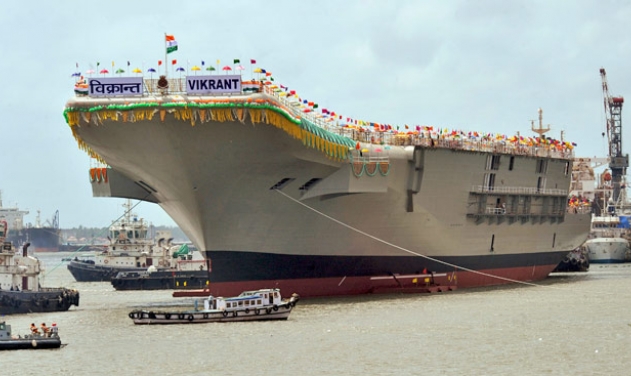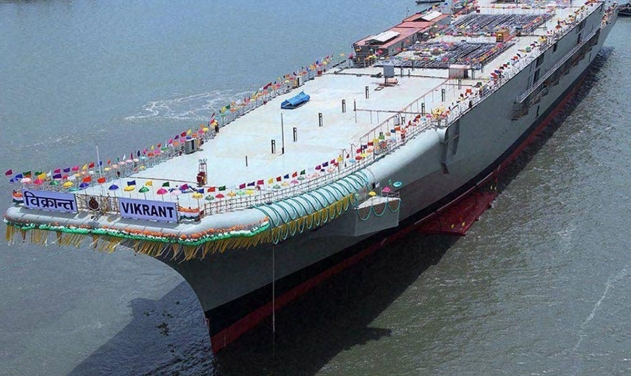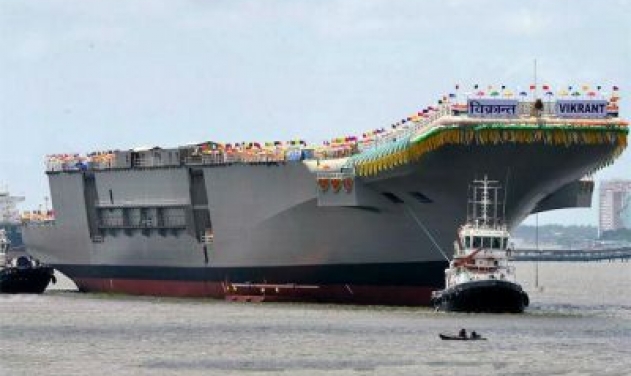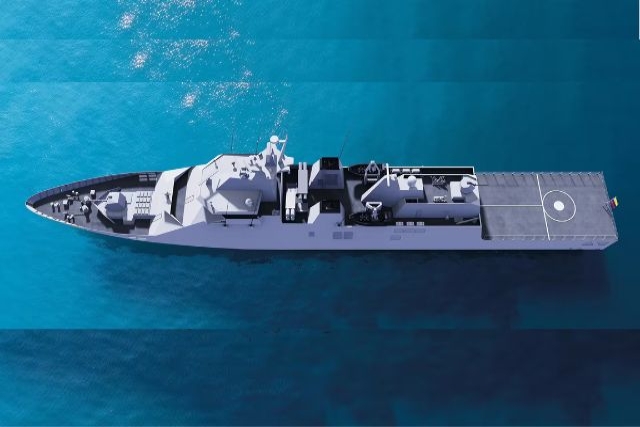India Tests Indigenous Aircraft Carrier’s Engines
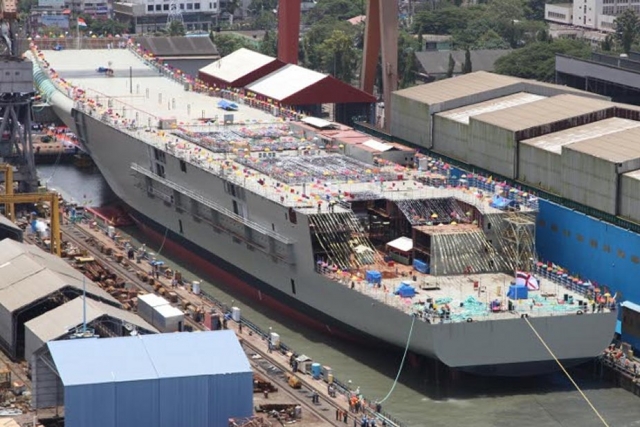
The engine of the Indian Navy’s first Indigenous Aircraft Carrier (IAC-1) INS Vikrant has completed trials, and is expected to embark on its sea trial by mid-2020.
“Major structural and outfitting work of Indigenous Aircraft Carrier (IAC) has been completed. Major milestone activities including starting of Main Propulsion machinery and trials of Power Generation machinery have been completed,” Shripad Yesso Naik, Minister of State for Defence said in written reply to Rajya Sabha, the upper house of the bicameral Parliament of India.
He added that tests of other equipment and systems aboard the ship are currently in progress, the Indian media reported.
“The ship’s targeted delivery was affected due to delay in supply of aviation equipment from Russia,” Naik added.
The Empowered Aex Committee (EAC) reviewed the progress in the construction of the boat at the Cochin Shipyard on January 20. The IAC-1 was said to be in “a very advanced stage of construction” with primary engines, all four gas turbines, and power generation systems comprising eight diesel alternators, ready. Some of the major systems and auxiliary equipment aboard the ship were being evaluated then.
The IAC completed the pre-contractors sea trials dry dock work package in December 2019. The ship is scheduled to commence basin trials soon, followed by the sea trials in mid-2020.
Basin trials for testing the propulsion, transmission and shafting systems are scheduled to be held in the early half of the year. The aircraft carrier would be ready for sea trials once the basin trials are successfully completed.
India has also been planning to build 65,000-tonne IAC-2, INS Vishal, that will rely on conventional mode of propulsion. At Malaysia's LIMA-19 exhibition, BAE Systems offered to build a customized HMS Queen Elizabeth-type aircraft carrier for India, with an adaptable design for ski-jump and catapult launch.
